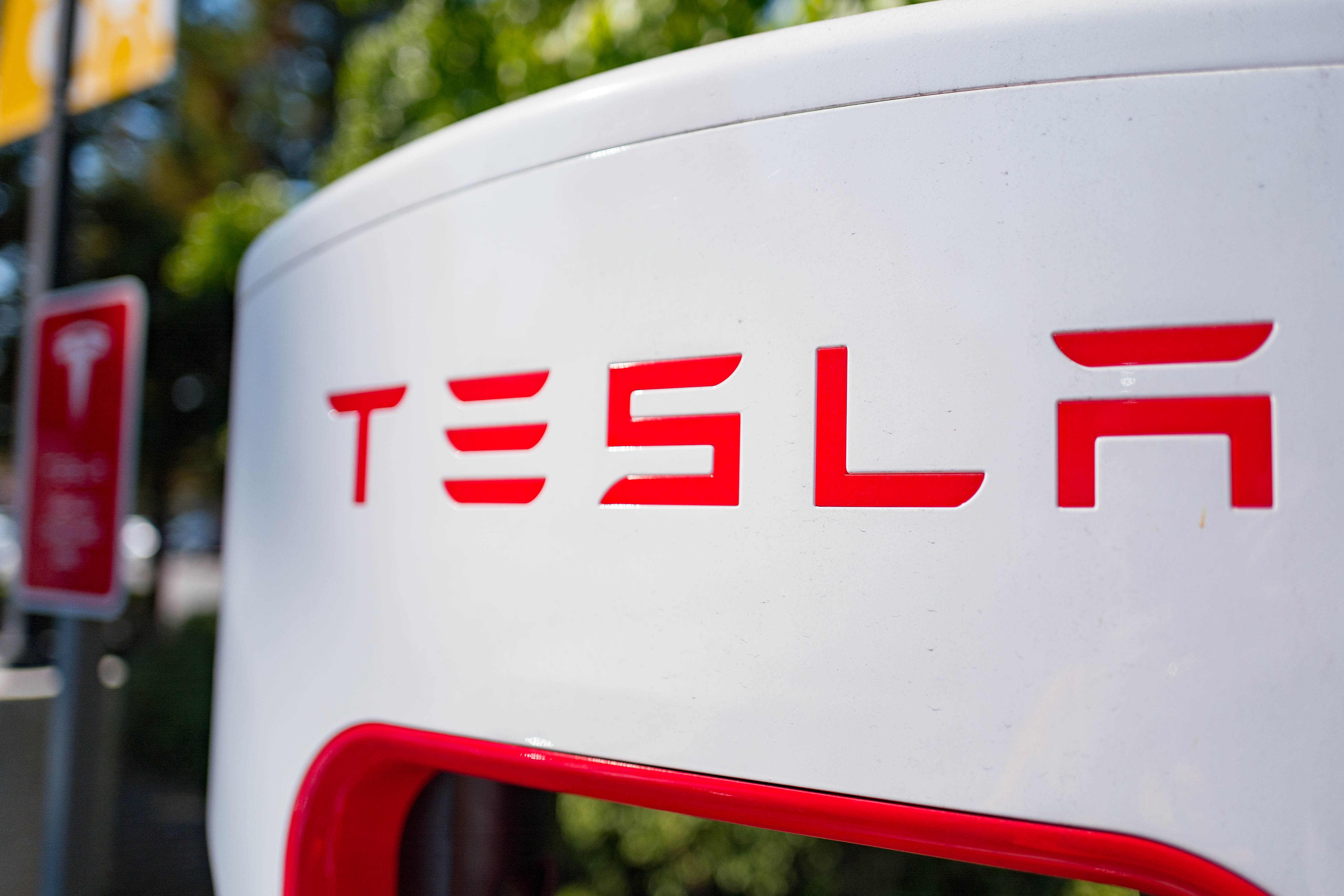
Tesla’s stock is having a monster month, despite some recent hiccups, including a flawed rollout of its driver assistance software and confusion over whether Hertz really inked a deal with the electric automaker to purchase 100,000 vehicles.
Shares of Tesla are up more than 50% since the beginning of October, and the company’s market cap has grown to more than $1.2 trillion. It only passed Toyota, now the second-largest automaker in terms of market cap, last year, but is now nearly $900 billion more valuable.
However, Tesla is also one of the most shorted, or bet-against, names on Wall Street. Experts like CNBC’s Jim Cramer have described the stock as going “up endlessly on nothing.”
If you had invested in Tesla last November, when the stock was worth just over $400 a share, you would have nearly tripled your money. A $1,000 investment on Nov. 2, 2020 would be worth around $2,940, representing a return of 193%, according to CNBC calculations made Wednesday morning.
Go back a few more years and your return is even greater. Five years ago, on Nov. 2, 2016, Tesla was trading at around $38 per share. A $1,000 investment then would have grown 3,025% and be worth around $31,286 as of Wednesday morning. Over the same time period, the S&P 500 index would have given you a 142.4% return.
If you had invested in Tesla in 2011, you would have a five-figure return. Over those 10 years, Tesla went from selling just the Roadster to offering the Models S, 3, X and Y. It has also announced the Cybertruck and Tesla Semi, but has remained noncommittal about launch dates for both vehicles.
A $1,000 investment in Tesla in November 2011 would be worth just over $204,000 now, with the stock’s price increasing from $5.74 to $1,229 over those 10 years. That’s more than a 20,000% return. A similar investment in the S&P 500 would have given you a 357.4% return.
But this doesn’t mean that the S&P is a worse investment. In fact, most experts, including legendary investor Warren Buffett, say it’s the best place for most people to put their money because it holds every stock in the index, making it automatically diversified.
Instead of trying to beat the market, index funds allow you to keep up with it. And because the stock market has historically increased in value over time, these low-cost funds are considered relatively safe, reliable investments.
Despite Tesla’s massive stock growth, any individual stock can overperform or underperform and past returns do not predict future results.
Sign up now: Get smarter about your money and career with our weekly newsletter
Don’t miss: Jay Leno on why he still works at 71: I don’t want to be ‘a rich guy that sits in the pool’




